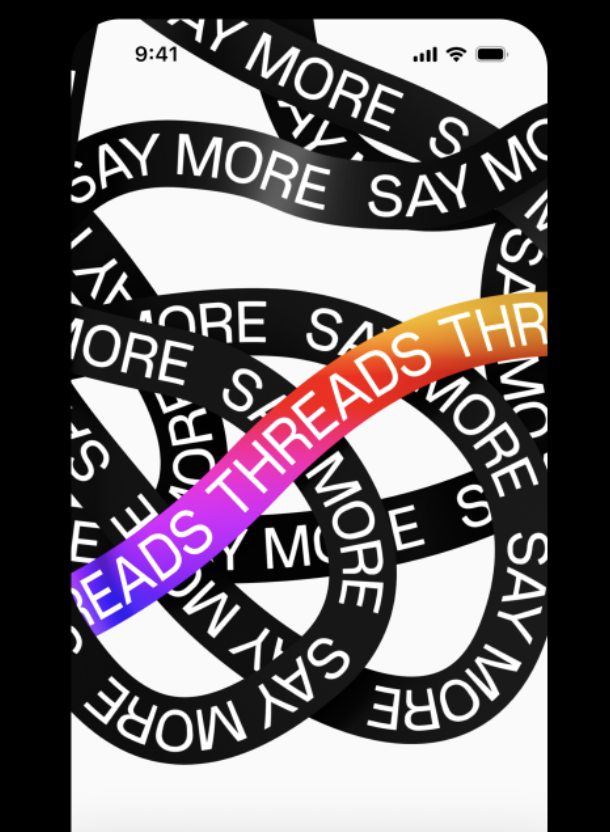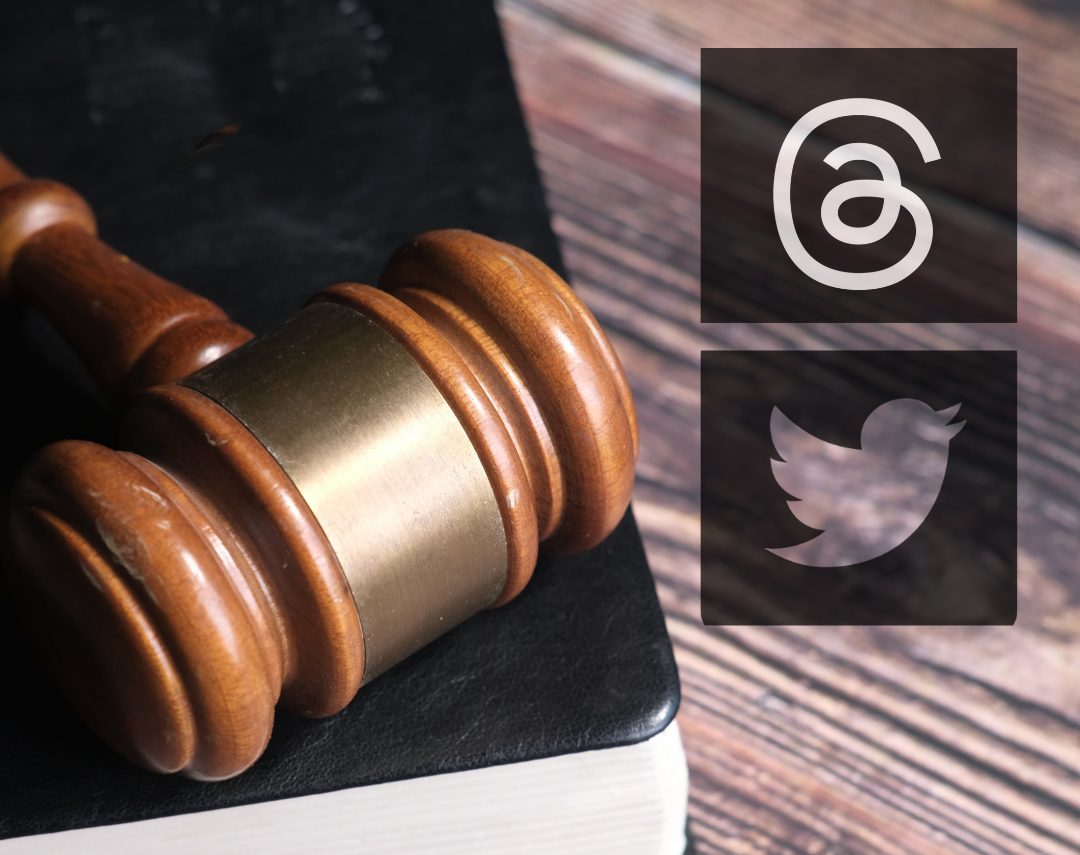By Aimee Pichi | CBS News
Twitter is threatening legal action over Meta’s new social media service, Threads, with an attorney for Twitter describing as a “copycat” app allegedly developed by hiring former employees of the microblogging platform owned by Elon Musk and using the company’s trade secrets, according to a letter posted by Semafor.
The letter’s author, attorney Alex Spiro of law firm Quinn Emanuel, didn’t immediately respond to a request for comment. Meta declined to comment on the letter, but communications director Andy Stone responded on Threads, writing, “No one on the Threads engineering team is a former Twitter employee — that’s just not a thing.”
Twitter, which laid off its communications staff after Musk completed his $44 billion purchase of the company last year, didn’t respond to an email requesting comment.
The threatening letter comes after the debut of Threads on Wednesday, which within hours had signed up 30 million new users, Meta CEO Mark Zuckerberg said Thursday on the new platform. Threads has a similar look to Twitter, allowing users to like or repost messages, but it is riding on the popularity of Instagram by allowing people on that platform to follow their current Instagram userbase.
“Our vision is to take the best parts of Instagram and create a new experience for text, ideas and discussing what’s on your mind,” Meta founder and CEO Mark Zuckerberg said in an Instagram post after Threads was made available for download. “I think the world needs this kind of friendly community, and I’m grateful to all of you who are part of Threads from day one.”

“As a proponent of free speech, I was thrilled when Elon Musk acquired Twitter. Unlike a patent, a trade secret can be protected forever. The secret formula for Coca Cola, KFC’s 11 herbs and spices, and the Pilkington Float Glass Process are all trade secrets. The last was famously stolen. Until we know what secrets Twitter believes were stolen, we cannot know whether Meta actually launched its competing platform using those secrets. That is the prime difficulty in litigating a trade secret case. It requires disclosing the secret. Meta actively protects its own intellectual property. I am sure Twitter will do the same. This will be interesting to follow.” – Logan Elia, partner and litigation attorney at Rose Law Group








